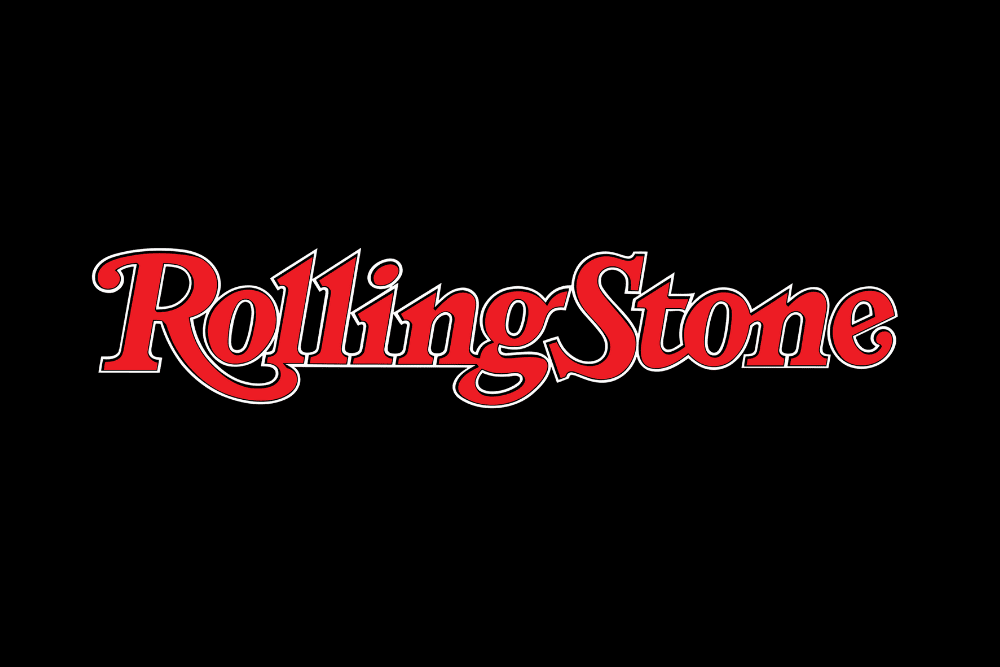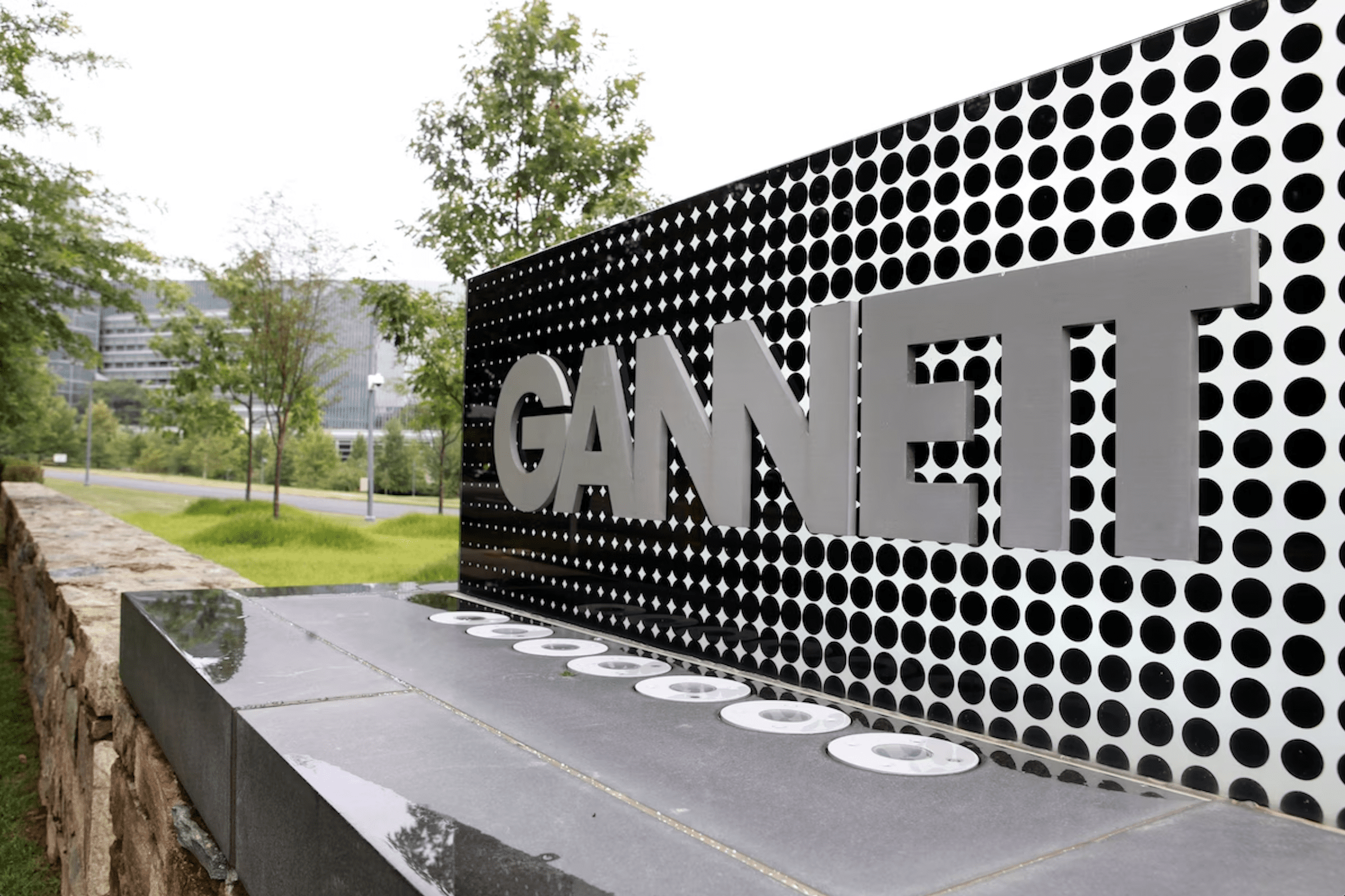When Speaking Up Feels Dangerous: Your Right to Anonymous Reporting
You’ve witnessed or experienced something deeply wrong at work, but fear of retaliation keeps you silent. In Los Angeles workplaces, many employees face this painful dilemma daily – wanting to report sexual harassment while protecting their identity and career. The good news is that California law provides several pathways for anonymous and confidential reporting, though each comes with important considerations you need to understand before taking action.
The fear of being identified when reporting workplace harassment is real and valid. You might worry about losing your job, damaging professional relationships, or facing subtle forms of retaliation that can derail your career. These concerns often trap victims in hostile work environments, unsure how to seek help while protecting themselves. Understanding your options for anonymous reporting can be the first step toward reclaiming your workplace rights and dignity.
💡 Pro Tip: Document everything discreetly before filing any complaint – dates, times, witnesses, and specific incidents. Keep these records on your personal devices, not company equipment.
Reclaim your peace of mind and stand firm against workplace harassment. MSD Lawyers is here to guide you through the process, ensuring your identity and career are protected. Reach out via 213-401-0823 or contact us to start taking control today.

Your Legal Protections Under California and Federal Law
Sexual harassment violates both Title VII of the Civil Rights Act of 1964 and California’s Fair Employment and Housing Act , giving you multiple avenues for protection. In legal terms, sexual harassment encompasses any unwelcome sexual advance or conduct that creates an intimidating, hostile, or offensive working environment as defined by Cal. Gov’t Code § 12923. This ranges from offensive jokes and pornographic material in the workplace to outright sexual assault. The EEOC and the California Civil Rights Department enforce these protections, with California law often providing broader safeguards than federal standards.
California law under Gov’t Code § 12940(h) explicitly prohibits retaliation for reporting possible violations, meaning your employer cannot legally fire, demote, or harass you for filing a complaint. The California Civil Rights Department (CRD) serves as the state agency charged with protecting Californians from unlawful discrimination in employment. When working with a sexual harassment lawyer in Los Angeles, they can help you understand how these protections apply to your specific situation and guide you through the reporting process while maximizing your anonymity.
An important legal requirement many don’t realize is that employees must typically use their employer’s internal complaint procedures first. The U.S. Supreme Court has ruled in Faragher v. City of Boca Raton, 524 U.S. 775 (1998) and Burlington Industries, Inc. v. Ellerth, 524 U.S. 742 (1998) that employees who fail to use their employer’s internal complaint procedure may not hold the company liable for harassment if it exercised reasonable care to prevent and correct misconduct. However, exceptions apply when you reasonably fear retaliation or believe internal reporting would be futile.
💡 Pro Tip: Even if you plan to file anonymously, clearly telling the harasser to stop (when safe to do so) establishes that the behavior is unwelcome – a key element under Title VII of the Civil Rights Act of 1964.
Step-by-Step Process for Filing Anonymous Complaints
Understanding the timeline and process for filing sexual harassment complaints helps you protect your rights while maintaining as much anonymity as possible. The process typically unfolds in stages, each with specific requirements and deadlines that can impact your ability to seek justice. Missing these deadlines could permanently bar your claim, making it essential to act within the required timeframes.
-
Immediate Documentation: As soon as harassment occurs, begin documenting everything. Keep records off company property and email copies to your personal account for timestamp verification.
-
Internal Reporting: If your company has 5 or more employees, they’re required to have sexual harassment policies and training. Review these policies to understand your anonymous reporting options.
-
MyVoiceLA Portal: For Los Angeles city employees, contractors, interns, and even job applicants, the MyVoiceLA.org portal allows online submission of workplace equity complaints with identity protection options.
-
Agency Filing: You have 300 days from the last incident to file with the EEOC (extended from 180 days because California enforces anti-discrimination laws). For the California Civil Rights Department, you have three years from when you were last harmed.
-
Third-Party Filing: Both the EEOC and CRD accept charges filed by another person or organization on your behalf, helping protect your identity during initial stages.
The cloud-based California Civil Rights System (CCRS) operated by the California Civil Rights Department (CRD) under Gov’t Code § 12960 allows members of the public and their representatives to submit complaints online 24/7. This digital option provides additional privacy compared to in-person filing, though complete anonymity throughout the entire process remains challenging.
💡 Pro Tip: Under Cal. Gov’t Code § 12960(e), The three-year deadline for CRD complaints gives you more time than federal deadlines, but don’t wait – evidence and witness memories fade, and continued harassment could strengthen your claim.
Navigating Anonymous Reporting with Professional Legal Guidance
While both state and federal agencies offer some level of identity protection, achieving complete anonymity throughout an investigation presents practical challenges. The EEOC must notify your employer of any charge filed within 10 days , though they may not reveal who the charge was filed for if someone else files on your behalf. Similarly, when CRD sends your signed complaint to the employer (under Cal. Gov’t Code § 12960(d)–(f) calcivilrights.ca.gov, your identity may become apparent through the circumstances described, even if your name is redacted. This is where having a skilled sexual harassment lawyer in Los Angeles becomes invaluable – they can file on your behalf and serve as a buffer between you and your employer.
MSD Lawyers understands the delicate balance between seeking justice and protecting your career. Their experienced team can evaluate your situation and recommend the most protective approach for your circumstances. They can file complaints on your behalf, communicate with agencies and employers as your representative, and help maintain maximum confidentiality throughout the process. When direct anonymity isn’t possible, they work to minimize your exposure and protect you from retaliation through strategic legal action.
Remember that even if your identity eventually becomes known, California law provides strong anti-retaliation protections (Cal. Gov’t Code § 12940(h). Your employer cannot legally take any adverse action against you for reporting harassment or participating in an investigation. If retaliation occurs, it becomes a separate legal claim that often carries significant penalties for employers.
💡 Pro Tip: Consider having an attorney file the initial complaint on your behalf – this adds a layer of protection and signals to your employer that you’re serious about your rights.
Anonymous Reporting Options for Different Employment Situations
Your reporting options vary significantly depending on your specific employment situation in Los Angeles. City employees have access to MyVoiceLA https://myvoicela.lacity.org/, established under Los Angeles Executive Directive No. 23 (2018), which explicitly allows anonymous reporting and covers current and former employees, contractors, interns, volunteers, commissioners, and even elected officials. Private sector employees must rely on company policies, EEOC procedures (Title VII, 42 U.S.C. § 2000e-5), or CRD’s online system. Each pathway offers different levels of identity protection and requires careful consideration of your unique circumstances.
Special Protections for Los Angeles City Employees
The MyVoiceLA portal represents a significant advancement in protecting whistleblowers and harassment victims. In 2018, the system proved its effectiveness when an anonymous complaint was filed against a city councilman, demonstrating that even high-profile cases can maintain complainant anonymity. The Office of Workplace Equity handles these investigations with mandated discretion and sensitivity, though they cannot guarantee complete confidentiality if key staff need certain details to properly investigate. For those considering this route, understanding How to Report Sexual Harassment at Work through various channels helps you make informed decisions about which method best protects your interests.
💡 Pro Tip: If using MyVoiceLA, submit your complaint outside work hours from a personal device to maintain maximum anonymity – the portal is available 24/7.
Understanding the Reality of “Anonymous” Investigations
While agencies offer anonymous filing options, the investigation process often reveals the complainant’s identity through circumstantial details. For instance, if you’re the only person in a particular department or the harassment involved specific incidents with limited witnesses, your employer may deduce your identity even without your name being disclosed. A sexual harassment lawyer in Los Angeles can help you assess these risks and develop strategies to minimize exposure during the investigation process.
Protective Strategies When Complete Anonymity Isn’t Possible
When complete anonymity proves impossible, focus shifts to maximum legal protection. Document any changes in treatment after filing your complaint, as even subtle retaliation violates the law. The California Civil Rights complaint process includes specific provisions for handling retaliation claims, which often result in additional damages. Some victims find that filing as part of a group complaint, if others have experienced similar harassment, provides safety in numbers while diluting individual exposure.
💡 Pro Tip: Create a “retaliation journal” immediately after filing – document every interaction, schedule change, or shift in responsibilities to build evidence if retaliation occurs.
Frequently Asked Questions
Common Concerns About Anonymous Sexual Harassment Reporting
Understanding your rights and options for anonymous reporting empowers you to take action while protecting yourself. These frequently asked questions address the primary concerns victims face when considering whether to report workplace sexual harassment.
💡 Pro Tip: Write down your questions before consulting with an attorney – stress often causes important concerns to slip our minds during meetings.
Taking Action While Protecting Yourself
The path forward requires balancing your need for justice with practical concerns about your career and wellbeing. These questions help clarify what to expect when working with a sexual harassment lawyer in Los Angeles to file anonymous or confidential complaints.
💡 Pro Tip: Many attorneys offer free consultations for sexual harassment cases – use this opportunity to assess your options without financial commitment.
1. Can my employer find out I filed an anonymous sexual harassment complaint in Los Angeles?
While agencies like the EEOC and California Civil Rights Department accept anonymous filings, complete anonymity throughout an investigation is difficult to maintain. Your employer must be notified of the charges within 10 days, and investigation details may reveal your identity circumstantially. However, strong anti-retaliation laws protect you once your identity becomes known, and employers face serious penalties for any retaliatory actions.
2. What’s the difference between filing with MyVoiceLA versus the California Civil Rights Department?
MyVoiceLA serves Los Angeles city employees, contractors, and affiliates exclusively, offering online anonymous reporting specifically for city workplace issues. The California Civil Rights Department has broader jurisdiction, covering all California employees in private and public sectors. While both allow some anonymous filing, CRD’s process typically requires eventual identification for formal complaint processing, while MyVoiceLA has demonstrated ability to maintain anonymity even in high-profile cases.
3. Can someone else file a sexual harassment complaint on my behalf?
Yes, both federal and state agencies explicitly allow individuals, organizations, or agencies to file charges on behalf of victims. This option provides an additional layer of identity protection, as the filing party’s name appears on initial documents rather than yours. Many victims work with attorneys or advocacy organizations to file this way, maintaining greater anonymity during early investigation stages.
4. How long do I have to file an anonymous complaint about workplace sexual harassment?
In California, you have three years from the date you were last harmed to file with the California Civil Rights Department. For federal EEOC complaints, you typically have 300 days (extended from 180 days because California has state enforcement). These deadlines are strict – missing them can permanently bar your claim. Don’t delay seeking legal advice even if you’re unsure about filing, as a sexual harassment lawyer in Los Angeles can help preserve your rights while you decide.
5. What happens if my employer retaliates after learning I filed a complaint?
Retaliation for reporting sexual harassment is illegal under both California and federal law, regardless of whether your initial complaint was anonymous. If retaliation occurs, you gain an additional legal claim beyond the original harassment. Document all retaliatory actions immediately and contact an attorney, as retaliation claims often result in significant damages including back pay, emotional distress compensation, and punitive damages against the employer.
Work with a Trusted Sexual Harassment Lawyer
Navigating anonymous sexual harassment complaints requires understanding complex legal procedures while protecting your identity and career. The intersection of federal, state, and local reporting options creates both opportunities and challenges for those seeking justice while maintaining privacy. An experienced attorney can evaluate your specific situation, recommend the most protective filing approach, and serve as your advocate throughout the process. They understand which agencies offer the best anonymity protections for your circumstances and can file on your behalf to add an extra layer of identity protection.
When anonymity proves impossible to maintain, having legal representation becomes even more critical. Your attorney can communicate directly with your employer, reducing your exposure to retaliation while ensuring your rights remain protected. They monitor for retaliatory behavior and can take swift action if your employer violates anti-retaliation laws. Most importantly, they provide the peace of mind that comes from knowing an experienced advocate stands ready to protect your interests at every stage of the process.
Take the first step toward protecting your rights and career with confidence. MSD Lawyers is ready to support you through the anonymous reporting process, ensuring your concerns are handled with care. Reach out today via 213-401-0823 or contact us and let us stand by your side.












